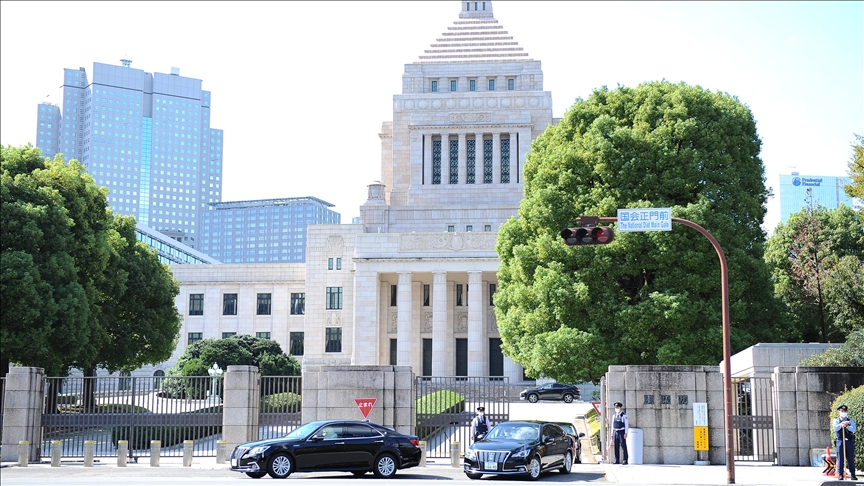ISTANBUL
Japan has lodged a “strong protest” with South Korea after a court in Seoul asked Tokyo to pay compensation to wartime comfort women.
“Reiterated Japan’s objections to the court ruling,” top government spokesman Matsuno Hirokazu said. However, he stressed the “importance of cooperation between Japan and South Korea as tensions in the region rise,” Japanese public broadcaster NHK reported.
The term “comfort women” is a euphemism for Korean women who were abducted and forced to work as wartime sex slaves by Japan before and during World War II.
Tokyo considers the issue should have been resolved in the past.
Seoul High Court Thursday in its verdict on a case filed by 16 plaintiffs observed that Japan had engaged in illegal acts when it mobilized “comfort women” around World War II, thus Tokyo should pay compensation to the victims.
It asked Tokyo to pay 200 million won ($154,000) in compensation to each of the 16 victims.
However, Matsuno said the ruling was “contrary to international law and agreements between Japan and South Korea.”
Japan’s Foreign Ministry Kamikawa Yoko called the court decision “extremely regrettable and absolutely unacceptable.”
The ruling comes as top diplomats of Japan and South Korea are set to meet on Sunday for a trilateral summit with China.
In Seoul, the Foreign Ministry said it was looking at the details of the court ruling which upended a lower court’s decision to close the case without asking Japan to pay compensation to the victims.
However, Seoul said it “respects” the 2015-signed agreement with Japan to settle the issue of wartime sex slaves.
Eight years ago, Seoul and Tokyo had agreed to “finally and irreversibly” resolve the wartime sex slave issue.
Japan apologized for its colonial-era excesses and agreed to contribute 1 billion yen ($8.9 million) to a foundation that supports the victims.
However, Seoul in March said it would compensate the Korean victims on its own without asking for contributions from Japanese companies.

